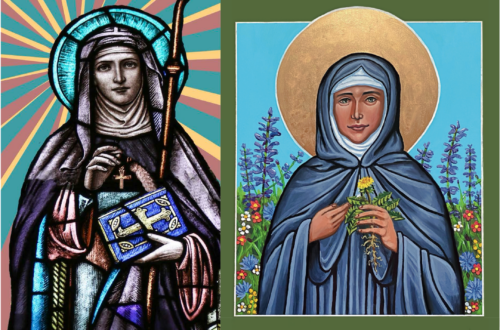State, the Facts: Colonial Religion Is Incompatible with African Culture
I read with great interest Dr. Osur’s article “Not Dancing Around the Issue” in the latest issue of Conscience. The article makes a number of provocative insights on which I would like to reflect.
His article particularly reminded me of the relationship between our Speaker of Parliament in Uganda, the Honorable Rebecca Kadaga, and the Archbishop Stanley Ntagali. The two once worked hand in hand, perhaps unsurprisingly, on legislation criminalizing homosexuality. They described same-sex couples to be against their religious and cultural beliefs. In fact, the speaker presented the passing of the legislation in November 2012 as a Christmas gift!
But in May 2016, the speaker paid a courtesy visit to a shrine to inform her ancestors that she had triumphed after being sworn in as Speaker of Parliament for another term. Archbishop Ntagali quickly condemned his once political ally for this act, declaring, “While we value our ancestors because we are connected to them, we must always trust only in God. We no longer need to go through the spirits of the dead because Jesus is our hope and protector.”
This example reminds me, as Dr. Osur notes, that Christianity as a religion is incompatible with African culture and traditions. As such, neither the church nor cultural institutions can be custodians of justice because they each serve a defined, non-neutral purpose.
The provision of health services by churches is historical. The formal health systems were introduced as part of the colonial legacy and these have continued to contribute towards health service provision, which the state is obligated to keep to a certain minimum. In the end, it is important for the states to reclaim their neutral roles, including the provision of health services and the regulation of religious and cultural institutions. This balance is needed as part of maintaining peace and harmony at family and community levels and guiding day-to-day living as described in Dr. Osur’s article.
MOSES MULUMBA
Center for Health, Human Rights and Development (CEHURD)
Kampala, Uganda



